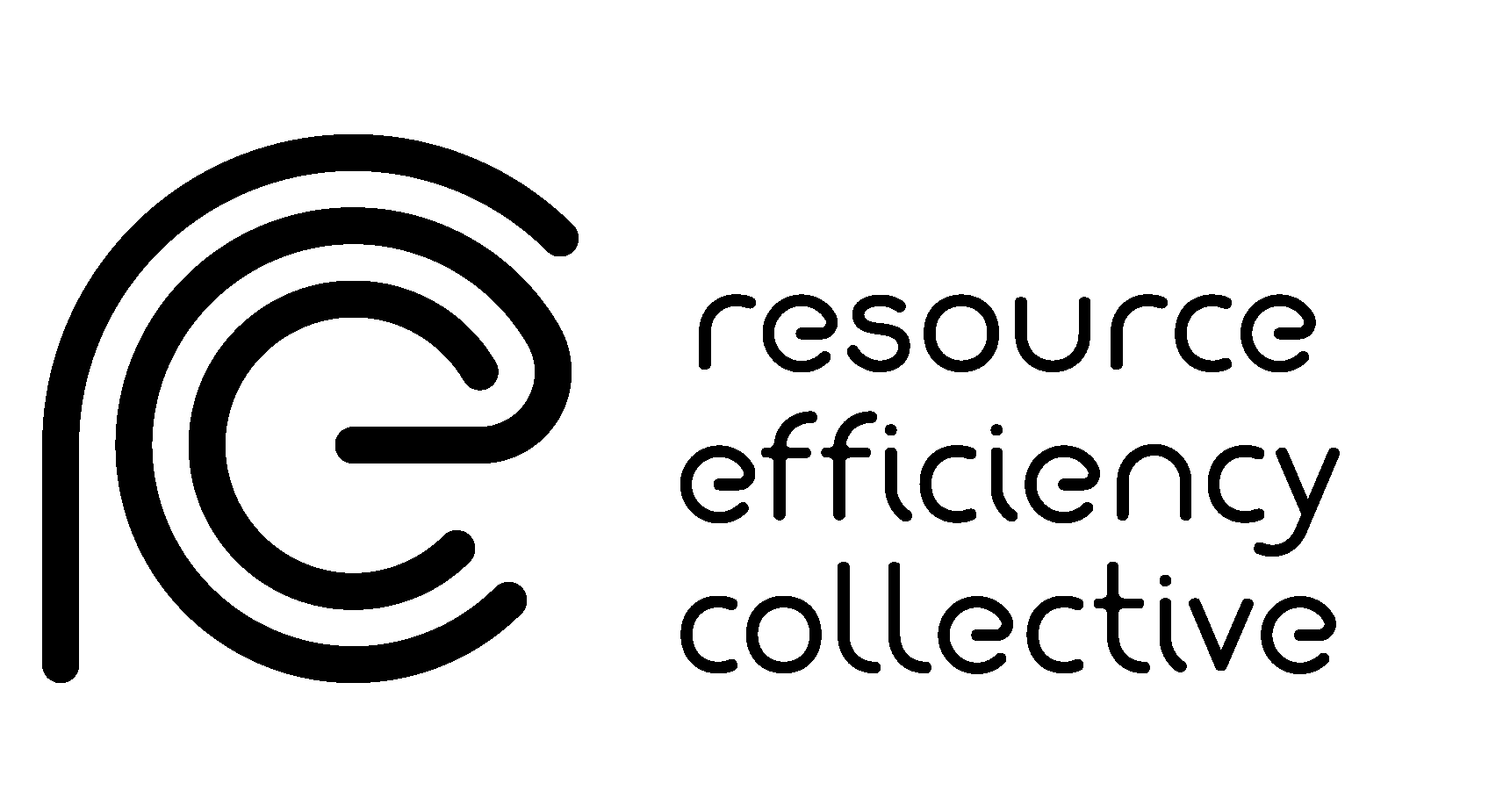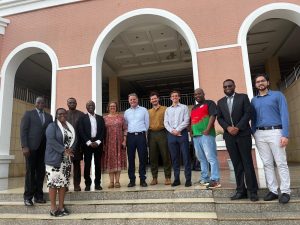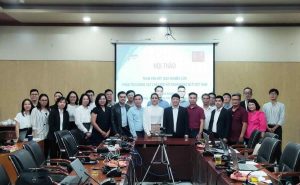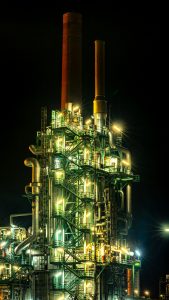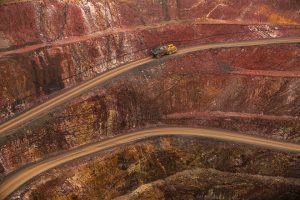Resource Efficiency Collective is a research initiative at Cambridge University. Together, we seek answers to a challenging question: how can we deliver future energy and material services, while at the same time reducing resource use and environmental impact?
But resource efficiency means many things to many people. So let’s unpack what we believe resource efficiency means…
Resource is the stuff we extract from nature, refine and react, push and prod, and then package and deliver, to satisfy the demands of our modern society. Resources include: fossil fuels, which are extracted from the ground, burnt, and transformed into heat and light in buildings, or motion in vehicles; mineral ores, which are dug up, reacted, refined and shaped into a multitude of products; water, taken from rivers, lakes and underground reservoirs, purified and transported, to quench our thirst, water plants and wash away the dirt; nutrients, which when combined with sunlight and water, produce food to eat; and so on.
The problem is that our demand for material and energy services is causing strain on planet Earth. This can be in the form of resource shortages, but more commonly as damaging by-products, with the release greenhouse gas emissions from combustion of fossil fuels presenting a serious threat to the long-term stability of the climate.
Efficiency is a simple metric that compares useful output to total input. The debates only begin when deciding what measure of useful output to use for the numerator, and what measure of total input to use for the denominator. Finding suitable metrics is one of the key aims of our group.
Resource efficiency measures how good we are at transforming resources into useful goods and services. So a more resource efficient society will deliver the desired energy and material services, using fewer resource inputs. And if the absolute demand for energy and material services can be held constant, or reduced, then resource efficiency leads to less stress on the planet.
At the heart of the Resource Efficiency Collective lies a stock-standard research group, with the normal mix of PhD students, research associates and staff. But by calling ourselves a Collective we hope to be more inclusive, to blur the boundaries a little, and to invite our many friends and colleagues to participate.
We use a range of strategies for effective change. These include:
⚪ Efficiency improvements and demand reduction in projects such as UK Fires
⚪ Policy and system change in projects such as CCG
⚪ Material alternatives in projects such as S2UPPlant
⚪ Recycling and waste management in projects such as C-THRU
We concentrate on improving material and energy services in a variety of industries. These include:
⚪ Cement
⚪ Construction
⚪ Food and water systems
⚪ Health
⚪ Metals
⚪ Petrochemicals and plastics
We employ a number of research methods in our research, including:
⚪ Material flow analysis (MFA)
⚪ Machine learning
⚪ Metrics and wellbeing
⚪ Principal component analysis
⚪ Visualisation
